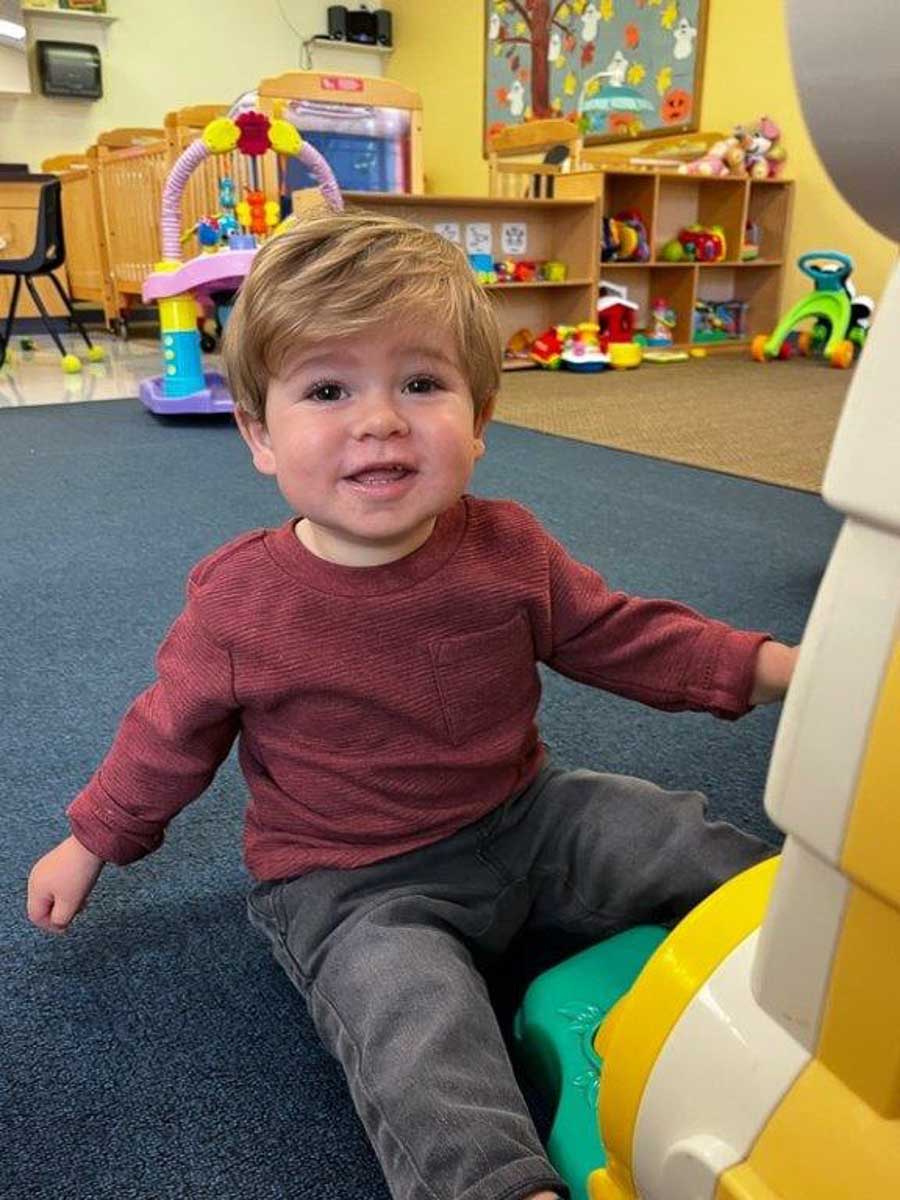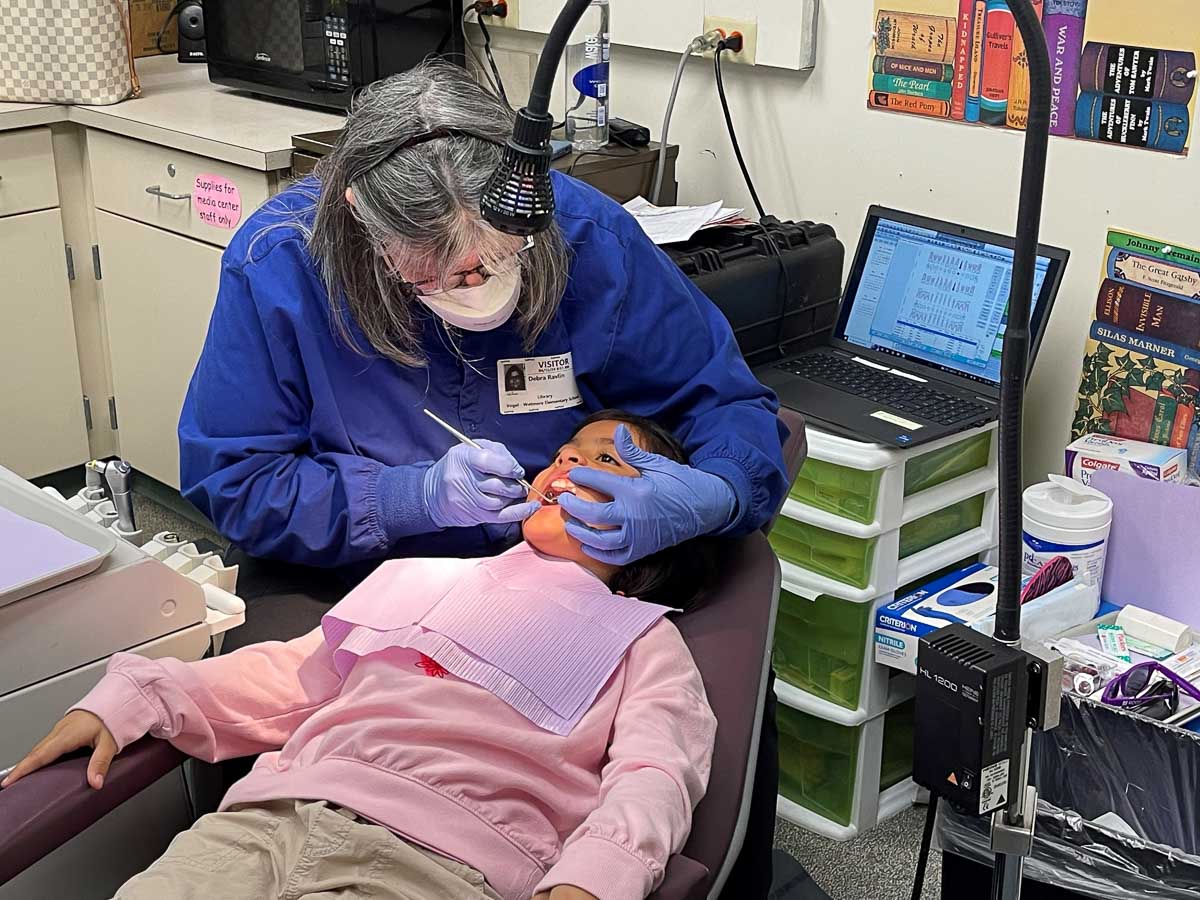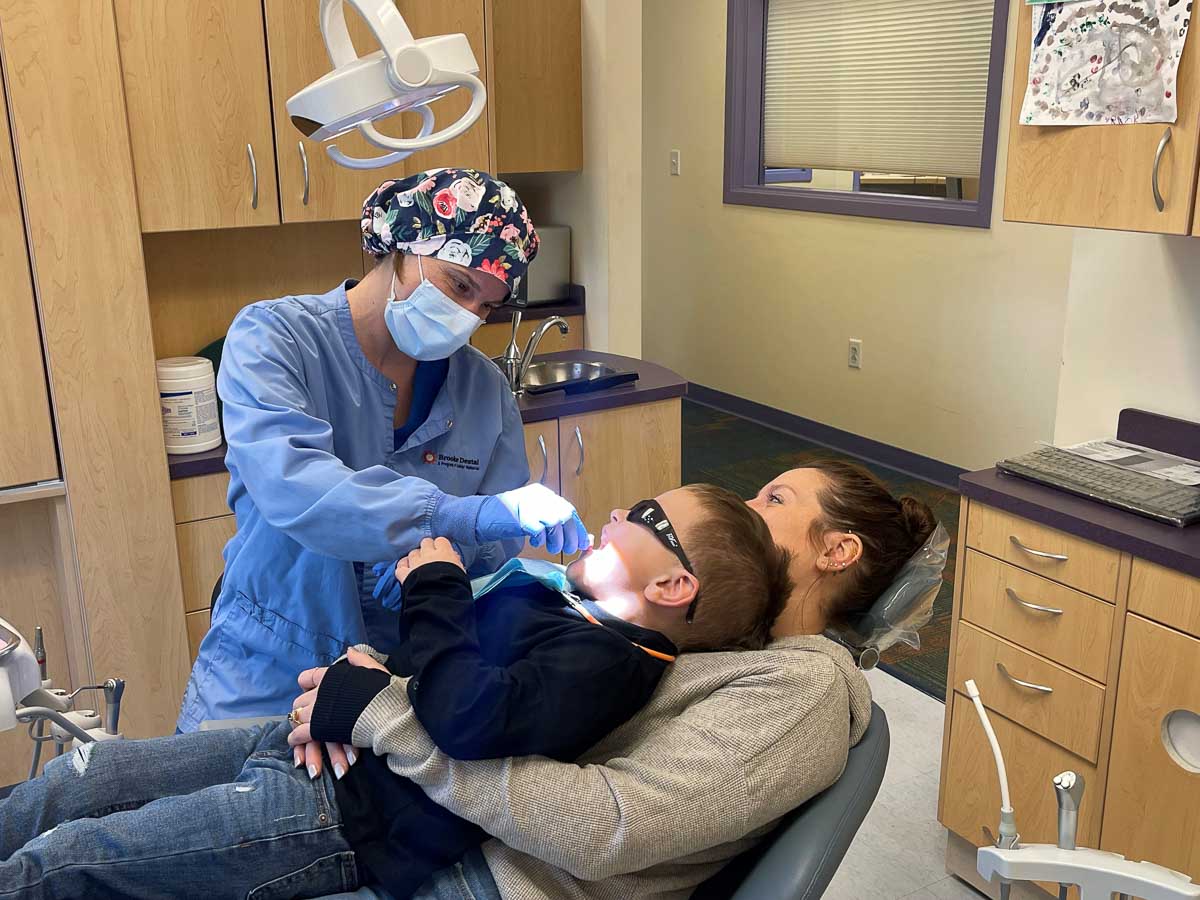Child Care FAQs
At Brooker Memorial, we understand how important it is to feel confident and supported when choosing the best care for your child. That’s why we’re here to answer your questions and provide the information you need in a warm and welcoming way. Below are some of the most common questions we receive about our childcare programs. If you don’t see your question here, we’re always happy to connect— reach out! Be sure to leave a message if staff are busy caring for children so we can call you back.


Questions & Answers
What age groups do you care for?
How do you support children’s learning and development?
What safety measures are in place?
Do you provide meals and snacks?
How do you communicate with parents?
What is your approach to discipline?
What are your hours of operation?
How do I enroll my child?
Dental Care FAQs


When should I start bringing my child to the dentist?
We recommend scheduling your child’s first dental visit as soon as their first tooth appears or by their first birthday—whichever comes first. Think of it as a “well-baby” checkup for their smile! Starting early helps create positive dental habits that will last a lifetime.
Why is it important to care for baby teeth?
Baby teeth play a crucial role in your child’s development. They help with chewing, speech, and guiding permanent teeth into the right position. Keeping baby teeth healthy also helps ensure healthy adult teeth, as untreated cavities in baby teeth can lead to future dental issues.
What toothbrush and toothpaste should I use for my child?
Choose a soft, child-sized toothbrush that fits comfortably in your child’s mouth. Look for ADA-approved fluoride toothpaste, as fluoride is essential for preventing cavities. Avoid whitening or tartar control toothpaste, as these can be too harsh for young teeth.
Are powered toothbrushes better for kids?
Both manual and powered toothbrushes can be effective, but some children find powered brushes more fun, which can make brushing easier. The key is thorough brushing, so young children may need help, and older children benefit from gentle supervision.
Are dental X-rays safe for children?
Yes, dental X-rays are safe and help us see areas that might not be visible during a regular exam, such as cavities between teeth or bone health. With digital X-rays, lead aprons, and other protective measures, radiation exposure is kept to a minimum.
What causes cavities?
Cavities form when bacteria feed on sugars and produce acids that weaken the enamel. Regular brushing with fluoride toothpaste and good oral hygiene helps reduce bacteria and prevent cavities.
Is fluoride safe for my child?
Yes, fluoride is a natural mineral that’s proven to prevent cavities. Many communities add fluoride to their water supply to support dental health. For more details, visit FluorideCT.com.
What’s the best way to brush my child’s teeth?
Dentists recommend brushing twice daily for at least two minutes. Hold the brush at a 45-degree angle to the gums and use gentle strokes to clean all tooth surfaces. Don’t forget to brush the tongue to keep their breath fresh!
Should my child floss?
Yes, flossing once a day helps remove plaque and food particles that brushing can’t reach. Gently guide the floss in a “C” shape around each tooth, being careful not to hurt the gums.
Does my child’s diet affect their teeth?
Absolutely! Sugary foods can lead to cavities, so it’s best to enjoy treats during meals when saliva flow helps wash sugars away. Avoid sweets before bedtime without brushing, as saliva production slows during sleep.